The World Agroforestry Centre (ICRAF) implements the project globally with activities in five countries and also directly manages it in Uganda, Rwanda and Peru. The Centre for International Forestry Research (CIFOR) is the lead in Indonesia, supported by Tanjungpura University, Pontianak. The Centro Agronómico Tropical de Investigación y Enseñza (CATIE) leads in Honduras. The International Union for Conservation of Nature provides knowledge management and outreach expertise. The Gorge-August-Universität Göttingen provides scientific approaches to the analysis of political incentive systems and financing mechanisms. Leibnitz Universität Hannover is coordinating the development of tools to help farmers identify attractive and effective options for investing in the introduction of more trees into farming systems.
About ICRAF
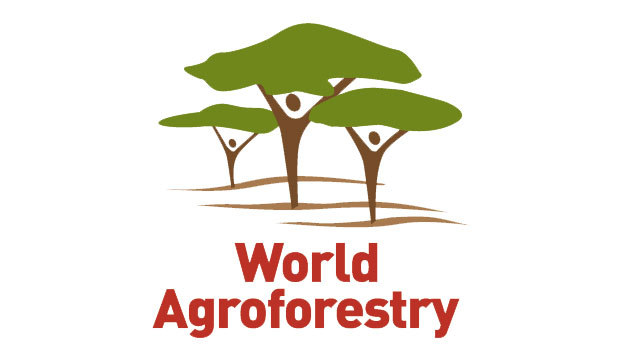 World Agroforestry (ICRAF) is a centre of science and development excellence that harnesses the benefits of trees for people and the environment. ICRAF is the only institution that does globally significant agroforestry research in and for all of the developing tropics. Knowledge produced by ICRAF enables governments, development agencies and farmers to utilize the power of trees to make farming and livelihoods more environmentally, socially and economically sustainable at scales. We are guided by the broad development challenges pursued by CGIAR, a global research partnership for a food-secure future, which include poverty reduction, increasing food and nutritional security, and improved natural resource systems and environmental services. ICRAF's work also addresses many of the issues being tackled by the Sustainable Development Goals (SDGs), specifically those that aim to eradicate hunger, reduce poverty, provide affordable and clean energy, protect life on land, and combat climate change. Headquartered in Nairobi, Kenya, ICRAF operates six regional programmes in Sub-Saharan Africa, Asia and Latin America and conducts research in more than 30 other countries around the developing world.
World Agroforestry (ICRAF) is a centre of science and development excellence that harnesses the benefits of trees for people and the environment. ICRAF is the only institution that does globally significant agroforestry research in and for all of the developing tropics. Knowledge produced by ICRAF enables governments, development agencies and farmers to utilize the power of trees to make farming and livelihoods more environmentally, socially and economically sustainable at scales. We are guided by the broad development challenges pursued by CGIAR, a global research partnership for a food-secure future, which include poverty reduction, increasing food and nutritional security, and improved natural resource systems and environmental services. ICRAF's work also addresses many of the issues being tackled by the Sustainable Development Goals (SDGs), specifically those that aim to eradicate hunger, reduce poverty, provide affordable and clean energy, protect life on land, and combat climate change. Headquartered in Nairobi, Kenya, ICRAF operates six regional programmes in Sub-Saharan Africa, Asia and Latin America and conducts research in more than 30 other countries around the developing world.
About CIFOR
The Center for International Forestry Research (CIFOR) envisions a more equitable world where forestry and landscapes enhance the environment and well-being for all.
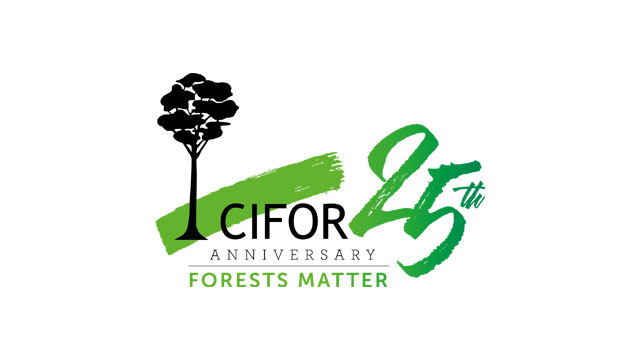 CIFOR is a non-profit, scientific institution that conducts research on the most pressing challenges of forest and landscape management around the world. Using a global, multidisciplinary approach, we aim to improve human well-being, protect the environment, and increase equity. To do so, we conduct innovative research, develop partners’ capacity, and actively engage in dialogue with all stakeholders to inform policies and practices that affect forests and people.CIFOR is a CGIAR Research Center, and leads the CGIAR Research Program on Forests, Trees and Agroforestry (FTA). Our headquarters are in Bogor, Indonesia, with offices in Nairobi, Kenya; Yaounde, Cameroon; Lima, Peru and Bonn, Germany. Research in the six thematic work areas is underway in more than 50 countries.
CIFOR is a non-profit, scientific institution that conducts research on the most pressing challenges of forest and landscape management around the world. Using a global, multidisciplinary approach, we aim to improve human well-being, protect the environment, and increase equity. To do so, we conduct innovative research, develop partners’ capacity, and actively engage in dialogue with all stakeholders to inform policies and practices that affect forests and people.CIFOR is a CGIAR Research Center, and leads the CGIAR Research Program on Forests, Trees and Agroforestry (FTA). Our headquarters are in Bogor, Indonesia, with offices in Nairobi, Kenya; Yaounde, Cameroon; Lima, Peru and Bonn, Germany. Research in the six thematic work areas is underway in more than 50 countries.
About IUCN
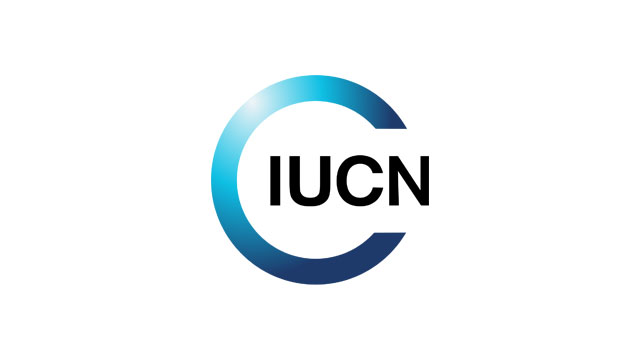
The International Union for Conservation of Nature (IUCN) is a membership Union uniquely composed of both government and civil society organisations. It provides public, private and non-governmental organisations with the knowledge and tools that enable human progress, economic development and nature conservation to take place together.
Created in 1948, IUCN has evolved into the world’s largest and most diverse environmental network. It harnesses the experience, resources and reach of its 1,300 Member organisations and the input of 15,000 experts. IUCN is the global authority on the status of the natural world and the measures needed to safeguard it. Our experts are organised into six commissions dedicated to species survival, environmental law, protected areas, social and economic policy, ecosystem management, and education and communication.
About CATIE
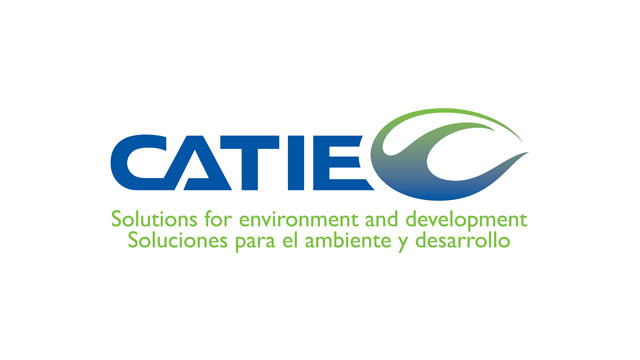
CATIE (Tropical Agronomic Center for Research and Teaching) is a regional center dedicated to research and postgraduate education in agriculture, management, conservation and sustainable use of natural resources. Its members are Belize, Bolivia, Colombia, Costa Rica, El Salvador, Guatemala, Honduras, Mexico, Nicaragua, Panama, Paraguay, Dominican Republic, Venezuela, the Inter-American Institute for Cooperation on Agriculture (IICA) and the State of Acre in Brazil.
About Leibnitz Universität Hannover
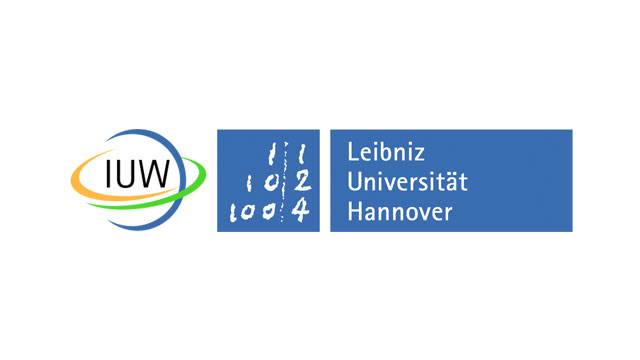
Shaping the Future with Knowledge – as one of the nine leading Institutes of Technology in Germany, Leibniz University is aware of its responsibility in seeking sustainable, peaceful and responsible solutions to the key issues of tomorrow. Our expertise for this stems from the broad spectrum of subjects, ranging from engineering and natural sciences to architecture and environmental planning, from law and economics to social sciences and humanities.
About Helmholtz
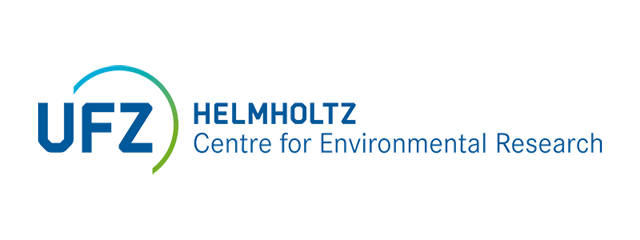
The Helmholtz Centre for Environmental Research (UFZ) aims to demonstrate ways in which a sustainable use of our natural resource base is possible for the benefit of both humankind and the environment. The UFZ was established in 1991 in Leipzig, Germany. It currently employs around 1100 people in 38 research departments. The UFZ has a strong focus on interdisciplinary research involving natural and social scientists and has become a world-wide acknowledged centre of expertise in land use change and the conservation of biodiversity.
